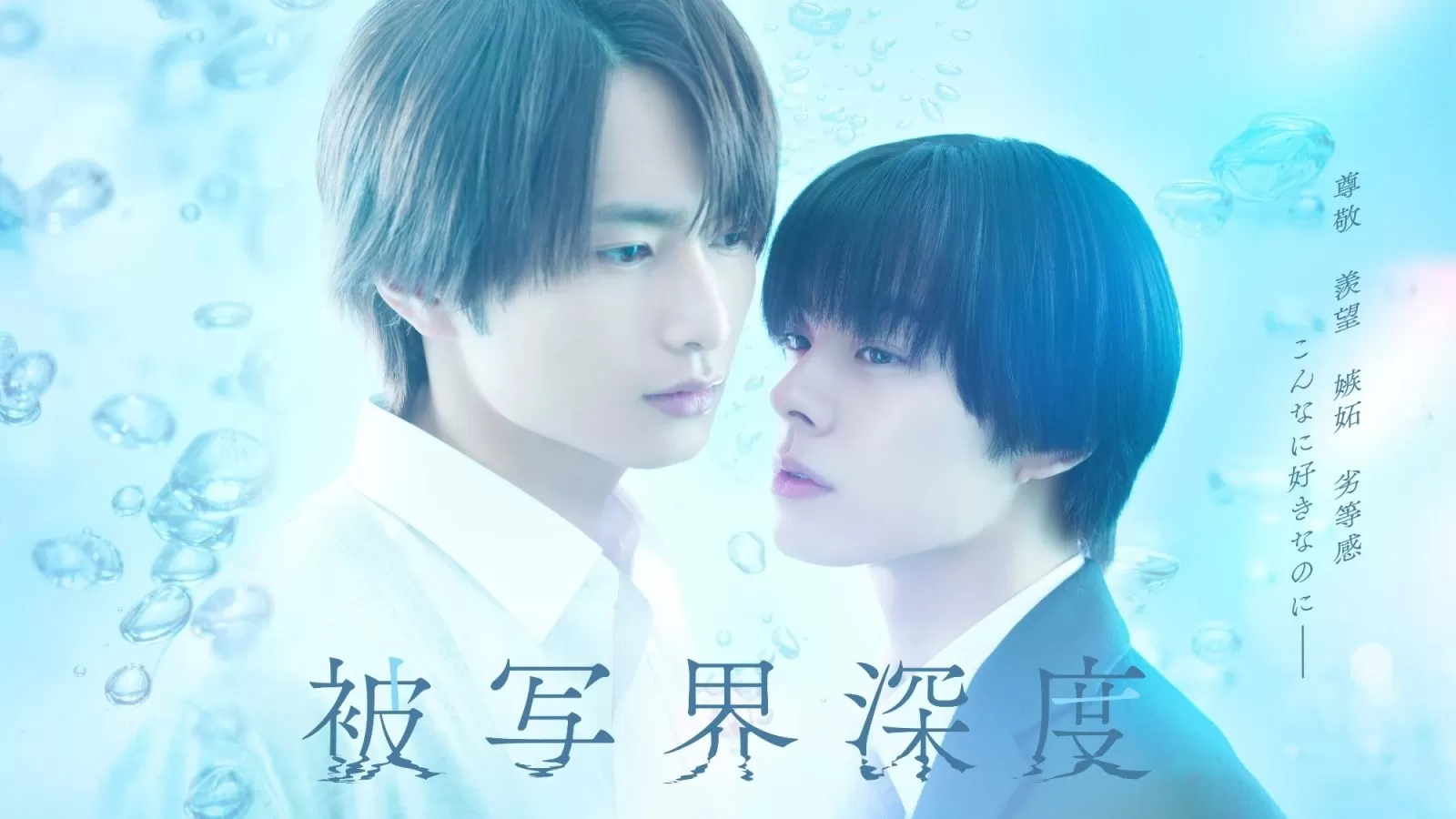There’s something quietly captivating about Depth of Field, a Japanese series that sneaks up on you like a soft breeze on a sultry afternoon. It’s not just a story about love sprouting in the most unlikely spots—it’s an exploration of the messy, tangled journey of finding yourself when life feels like a foggy horizon you can see but can’t quite reach. With only six episodes, each a brief 25 to 30 minutes, the show cleverly avoids dragging its story out, leaving you both satisfied and yearning for more.
I found myself drawn into the world of Hayakawa, a student drifting through his days emotionally numb, like a ghost haunting the roof where he escapes to be alone with his music and thoughts. You can almost feel the weight pressing on him—his smiles feel like fragile masks hiding something tender yet shattered underneath. His interactions are coated in detachment; girls come and go without connection, and even his passion for singing is buried deep, silenced by old wounds. It’s haunting, really — like watching someone trapped behind an invisible wall, waiting for someone to break through.
Then comes Konno, the quiet photographer whose friendship gently stirs something alive inside Hayakawa, though words between them are sparse, their bond spoken more through shared silences and soft glances than conversations. It’s the kind of friendship that feels like a secret made visible only to a chosen few. When Konno uncovers the scars left by a painful past love — a friendship turned one-sided sorrow — the story takes on a depth that hit me unexpectedly hard. I could feel the heaviness of Hayakawa’s silence, the bitter sting of being seen only with pity rather than affection.

Their connection blossoms slowly, like daylight breaking over a rain-soaked city. Konno’s gentle push helps Hayakawa find his voice again — literally and figuratively. The moment Hayakawa sings aloud is a quiet triumph, and when he impulsively kisses Konno, it’s a jolt of surprise that shatters their fragile calm. Watching Konno wrestle with his feelings—the confusion, the fear, and a tentative longing—felt utterly real, like seeing yourself reflected in a mirror you weren’t quite ready to look into.
Visually, the series is a tactile poem. The rooftop scenes, where the vast sky meets the endless sea, become silent witnesses to their story, almost like celestial bystanders offering solace. Music and photography aren’t mere hobbies here; they are metaphors for expression and repression, capturing the inner turmoil and hope flickering within these two boys. Hayakawa, especially, is a richly textured character — his bravado a fog that slowly lifts, revealing raw vulnerability beneath. I haven’t encountered such a portrayal in many BL dramas before, and it lingers in my mind like a half-forgotten song.
That said, the series’ brevity is a double-edged sword. While I appreciate the restraint, the story races toward a brief confession and kiss in the finale, leaving me craving a fuller look at their lives as a couple. There’s an aching sense of potential left unexplored—more time could have deepened their personalities, making the themes resonate even louder. The performances are solid, given the emotional subtlety demanded; both leads convey the unspoken weight of their characters’ struggles with quiet honesty.
What strikes me most is the show’s heartfelt plea: stop punishing yourself for who you are. Embrace what you love, loudly or quietly, because authenticity is liberation. Depth of Field whispers this message through tender silences rather than dramatic outbursts, crafting an emotional tapestry where less truly becomes more. It’s a delicate story of two lost souls finding each other in the thin air between sky and sea, reminding us that sometimes the fiercest battles are the ones fought within.


I really connected with Hayakawa’s character and the way you described his emotional numbness. It seems like the series captures that feeling of being stuck so well, especially with how music plays a role in his journey. I’m curious to see how Konno helps him break through those invisible walls.